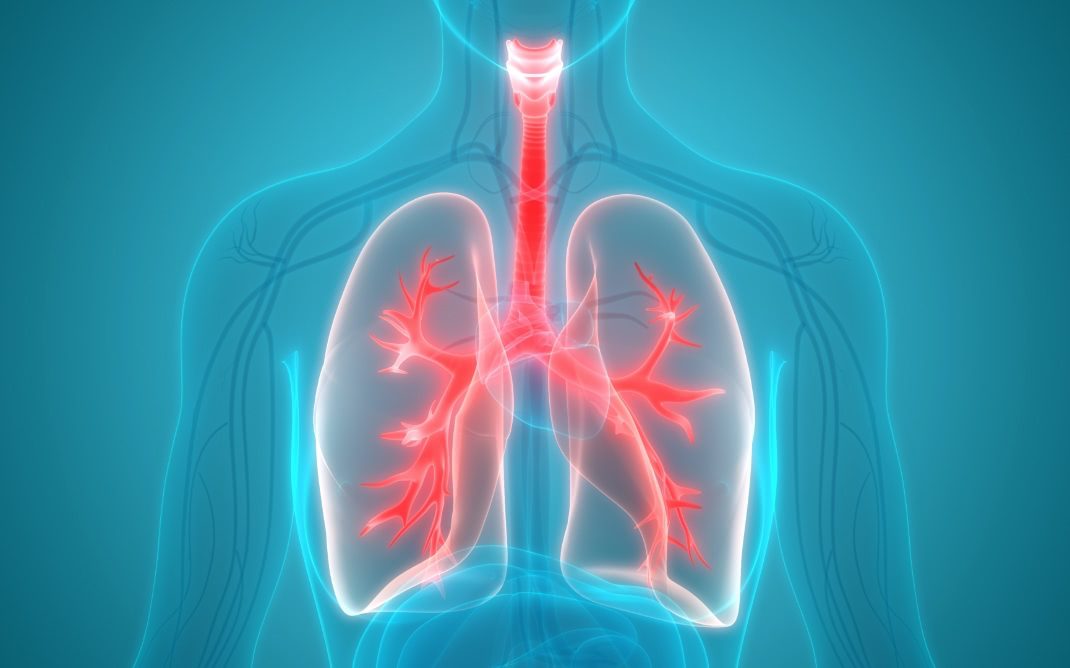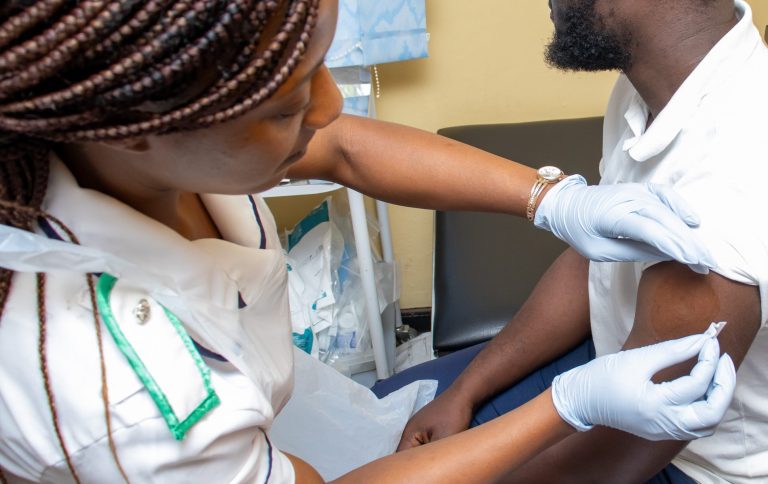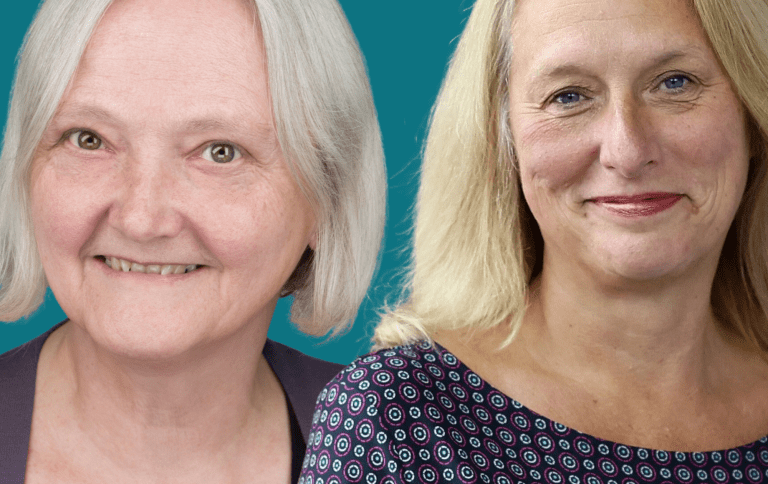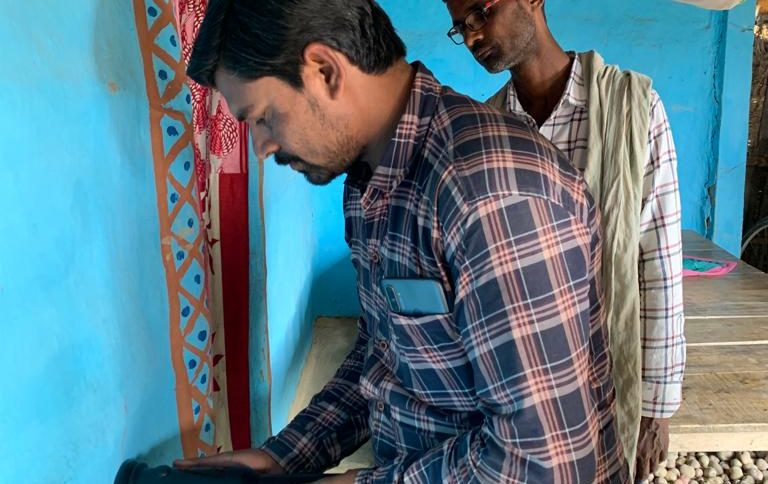- Find our latest Case Studies
- Our Platforms
Our Platforms
- Platform 1: Bioactives Library – Shaping novel antimicrobial products
- Platform 2: Hits to Leads – Developing new innovative antibiotics
- Platform 3: Organoid modelling – Enhancing drug discovery
- Platform 4: Advanced AMR Modelling
- Platform 5: Human Challenge – Small scale clinical trials
- Platform 6: Diagnostics
- Platform 7: Randomised Control Trials
- Platform 8: Mapping and Modelling
- Platform 9: Nanotherapeutics
- Platform 10: Antibody Humanisation
- Platform 11: Long-Acting Therapeutics
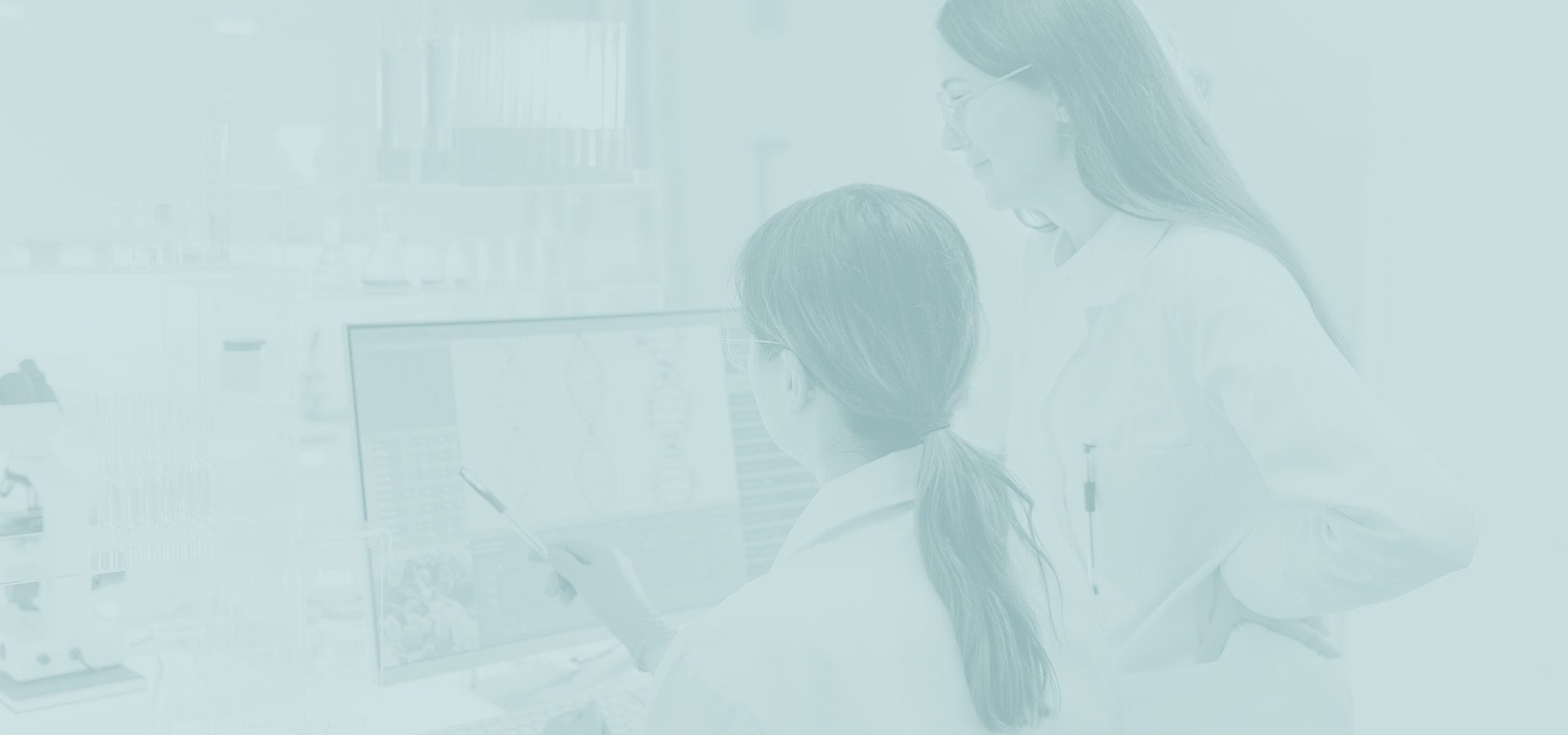
Platform 3: Organoid modelling – Enhancing drug discovery
This highly innovative platform led by Liverpool School of Tropical Medicine offers industry access to pioneering technologies which support the development of game-changing novel therapeutics.
Organoid modelling using Organ-on-Chip (OOC) technology is transforming industry’s approach to drug development and precision medicine. In a pioneering development in infection R&D, iiCON provides access to OOC technology that enables companies to bypass in-vivo studies and connect multiple organs, creating holistic models that enable faster, more accurate drug development.
A range of sophisticated organoid modelling technologies including innovative human tissue & microfluidic models, are available to industry to fast-track drug discovery. Any infection can be rapidly screened, and our repository of human tissue models enables more precise assessment of therapeutic impact and efficacy – helping to de-risk development and support innovation.
iiCON’s platform is establishing human 2D cell systems and 3D human spheroids/organoids infected with clinically relevant human pathogens. The screening platform will be capable of supporting pre-clinical investigation of human pathogens (including coinfections such as HIV/TB) within a human host environment. This will significantly improve translation of pre-clinical studies to clinical disease – creating a much-needed platform for the screening of virulent -intracellular pathogens.
This expedites the drug development journey and significantly de-risks late-stage clinical efficacy failures – creating a bridge to Controlled Human Infection Models and/or Phase I and Phase II clinical trials, accelerating product registration and commercialisation and introducing new drugs, including new antibiotics and vaccines, to market.
Find out more about the Liverpool Robotic Infection Research Laboratory
For more information or to learn how your business can engage with this platform.
Platform Lead


Professor Giancarlo Biagini
Pro Vice-Chancellor for Research and Innovation, Liverpool School of Tropical Medicine


Professor Giancarlo Biagini
Pro Vice-Chancellor for Research and Innovation, Liverpool School of Tropical Medicine
Professor Biagini’s career has focused on the biochemistry, pharmacology and therapeutics of human pathogens most notably Plasmodium falciparum and Mycobacterium tuberculosis. Basic biochemical research includes the characterisation of bioenergetic components in the respiratory chain and of key substrate and drug transporters. This fundamental work has contributed to our understanding of mechanisms of drug action, major resistance mechanisms in malaria and validation of novel targets for chemotherapy in both malaria and TB. He has over 20 years’ experience in molecular pharmacology and drug discovery/development from the development of HTS campaigns to candidate declaration working with Industry and with product development partnerships (PDPs).
More recently, he has been involved in the development of new image-based pharmacodynamic platforms to identify and accelerate antimalarial and antitubercular pre-clinical drug candidates, as well as clinical pharmacology projects towards understanding PK-PD determinants of poor patient outcomes again for both TB and malaria patients. He is the drug lead within Research Centre for Drugs and Diagnostics (RCDD) at LSTM. He is chair of the LSTM Research Committee, Director of the MRC Doctoral Training Partnership in Translational and Quantitative Skills in Global Health and co-lead of LSTM’s MRC Skills Development Fellowship programme.
